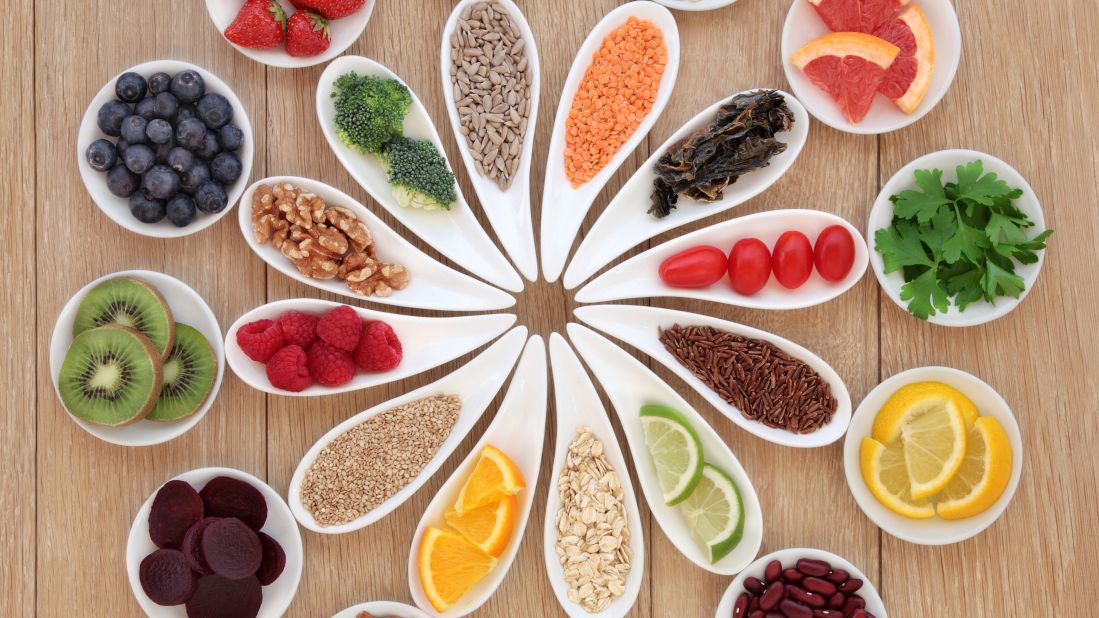A cancer diagnosis can be a life-altering event, bringing with it a range of physical and emotional challenges. As part of a comprehensive approach to cancer care, nutrition plays a vital role in empowering wellness and supporting the journey to recovery. Customized diet plans tailored to the specific needs of cancer patients can provide essential support, helping them maintain their strength, manage side effects, and optimize their overall well-being.
Empowering Wellness: Customized Diet Plans for Cancer Patients

The Connection Between Nutrition and Cancer
Nutrition is a cornerstone of cancer care, impacting various aspects of a patient’s journey. The right diet can:
- Enhance Treatment Tolerance: Cancer treatments, such as chemotherapy and radiation, can lead to side effects like nausea, loss of appetite, and changes in taste. A customized diet plan can help patients better tolerate these treatments.
- Maintain Strength and Energy: Adequate nutrition is crucial for preserving muscle mass and energy levels during cancer treatment.
- Support Immunity: Nutrient-rich foods support a strong immune system, helping the body defend against infection and illness.
- Promote Healing and Recovery: Proper nutrition aids in wound healing and tissue repair, essential for patients recovering from surgery or other cancer treatments.
- Manage Side Effects: Certain foods and dietary strategies can help manage side effects like nausea, mouth sores, and constipation.
Designing a Customized Diet Plan
Every cancer patient is unique, and their dietary needs can vary greatly. Customized diet plans take into account individual factors such as the type of cancer, treatment regimen, age, gender, and personal preferences. Here’s how to design a diet plan tailored to a cancer patient’s needs:

- Consult a Registered Dietitian: Seek the guidance of a registered dietitian with expertise in oncology nutrition. They can conduct a thorough assessment and create a personalized plan.
- Assess Dietary Needs: Consider the patient’s nutritional requirements, including calorie intake, protein needs, and micronutrient support. The dietitian can also evaluate any specific dietary restrictions.
- Manage Side Effects: Address and manage treatment-related side effects through dietary modifications. For example, ginger or bland foods may help alleviate nausea.
- Focus on Nutrient-Dense Foods: Emphasize a diet rich in fruits, vegetables, lean proteins, whole grains, and healthy fats to provide essential nutrients.
- Hydration: Proper hydration is crucial. Encourage patients to drink enough water to stay hydrated, especially if experiencing treatment-related symptoms like diarrhea or dehydration.
- Supplements: In some cases, dietary supplements may be necessary to ensure patients receive adequate nutrients.
- Meal Planning: Help patients plan balanced meals and snacks to ensure they meet their nutritional goals.
- Monitor Progress: Regularly assess the patient’s response to the diet plan and make adjustments as needed.
Empowering Wellness Through Nutrition
A customized diet plan empowers wellness by providing cancer patients with the nutrition they need to navigate their unique challenges. It is a key component of a comprehensive cancer care strategy that considers not only medical treatments but also the patient’s overall well-being. With the right guidance and support, individuals facing cancer can optimize their health, increase their strength, and enhance their quality of life during and after treatment.
Conclusion
Empowering wellness through customized diet plans is an essential aspect of cancer care. By addressing the individual needs of cancer patients, such plans can help manage treatment-related side effects, support the healing process, and improve overall well-being. Collaborating with a registered dietitian with expertise in oncology nutrition ensures that the diet plan is tailored to the patient’s unique requirements. By recognizing the vital role of nutrition in cancer care, we take a significant step toward enhancing the lives of those on the journey to recovery.
Related posts:
10 Essential Yoga Poses for Beginners










Leave a Reply